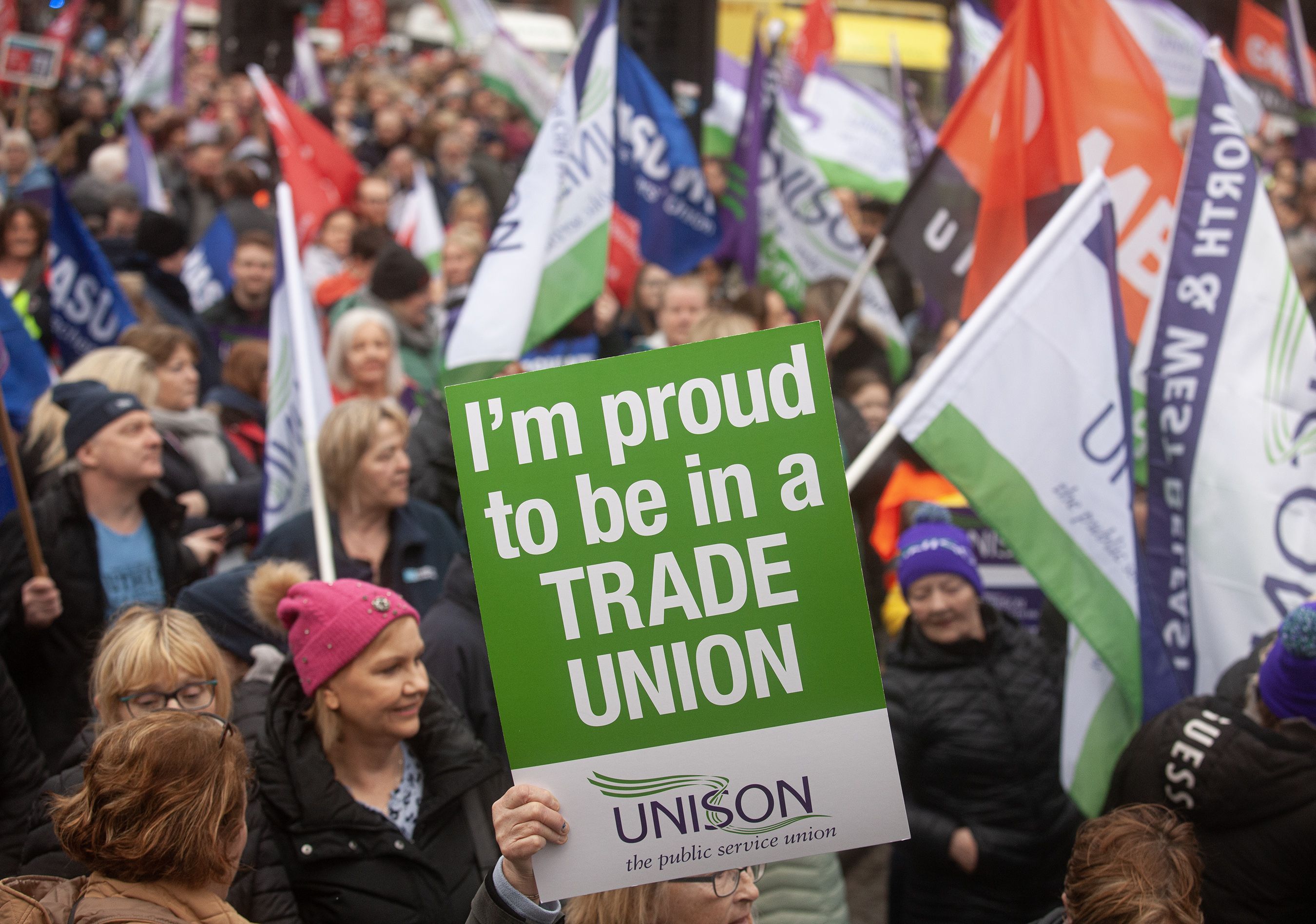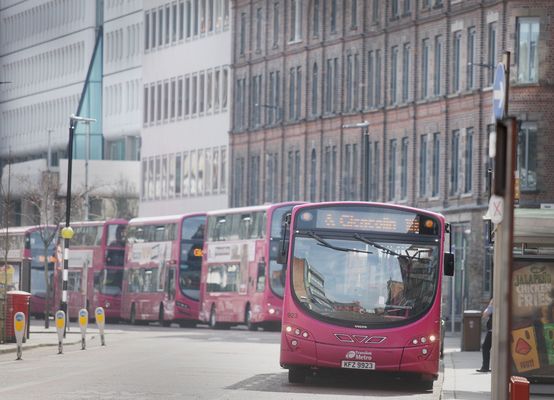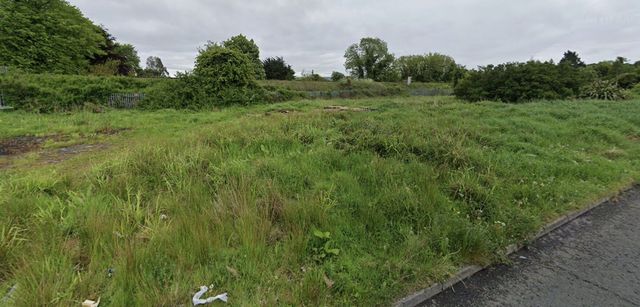WIDESPREAD strike action is expected to bring Belfast to a standstill today, Thursday, as public sector workers take to the picket lines in their demands for pay parity with colleagues across the water.
Education, health and transport workers will walk out in what has been billed as the biggest day of strike action in the history of the North, with an estimated 170,000 workers on strike.
In the health service the public is being asked to be conscious that a significantly reduced health service will be in place. This is expected to impact across a wide range of areas including planned and unplanned (urgent/emergency) hospital services, community services such as day centres, district nursing and domiciliary care as well as ambulance cover. Emergency Departments will be open.
Your safety and wellbeing are our top priority. That's why the University campus will be closed on Thursday 18 January, due to the weather warning and the reduction in public services from the public sector strike.
— Queen's University Belfast 🎓 (@QUBelfast) January 16, 2024
Where appropriate and possible, teaching will move online for… pic.twitter.com/xUPhenqSnS
Schools will be closed across Belfast as teachers’ unions take part in a second day of industrial action over their pay claim.
With more wintry conditions on the way, the winter gritting service will be severely impacted and road users are being asked to think carefully about the need to travel. There will be no bus or train services in operation on Thursday and users are advised to think about driving into work as road gritters will also be on strike for a week of action leaving the potential for the roads to be very icy over the coming week.
Workers from 16 unions will take be part in the mass strike action including healthcare staff, teaching staff, bus, rail and other transport workers.
Due to strike action, there will be major disruption to switchboard from 12:01am to 11:59pm on Thursday 18 January 2024.
— Belfast Trust (@BelfastTrust) January 16, 2024
Regrettably, calls to switchboard won't be answered during these times.
We are sorry for the inconvenience this will cause.
Visit: https://t.co/1Tf5anKMrj pic.twitter.com/2tLWFYnhx0
Rita Devlin, Director of the Royal College of Nursing for the North said: “It has been four years since nurses in Northern Ireland first took strike action to ensure pay parity with colleagues in England and Wales. It is nothing short of immoral that we have been put in this position once again and are the lowest paid nursing staff in the UK. What an indictment on how we treat health care workers and the value we place on them.
“Just this week our emergency departments, once again, have been struggling to cope with the numbers of very sick patients who need treatment. And who are we are depending upon to meet that challenge?
“Low pay is making it very difficult to retain nursing staff in the health service and we are not willing to tolerate this any longer. Patients and staff are suffering every single day due to the lack of political movement which not only affects pay but prevents the transformation of services that has been needed for years. We have no choice but to take further action.”
Strike number four in Northern Ireland coming up next week and I’ll be on the picket line with @NASUWT_NI colleagues and attending the rally in Belfast. Here’s my latest placard design! pic.twitter.com/4bGrMdLHSy
— Stephen B (@SCBNI) January 12, 2024
Speaking about Thursday, Anne Speed Head of Bargaining and Representation at Unison said: "There won’t be a workplace that is not affected. Indeed, in all of the major towns, big and small, workers will be stepping out to demand pay justice.
“They are fed up to the back teeth with low pay and no pay increases that are due to them. The Secretary of State is using political roadblocks to keep workers in a low pay and no pay deadlock.
“If our politicians get back to work then workers would not have to stop work."







